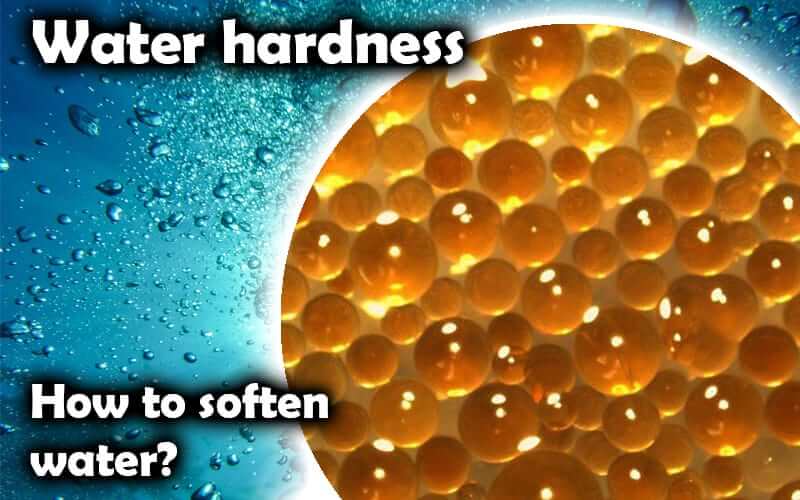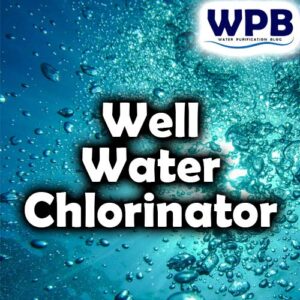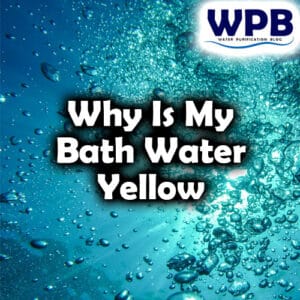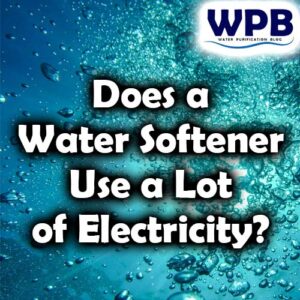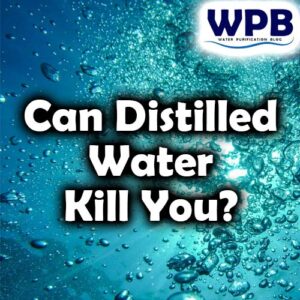- Domestic Water Purification
- Emergency Water Purification
- Industrial Water Purification
- Outdoor Water Purification
- Water pollution problems
- Water Purification Processes
- Water Quality for Plants
Water hardness – what is it? We often talk about water of different qualities in our daily life and very often we are faced with certain problems caused by hard water.
The total hardness (TH) consists of all calcium (Ca) and magnesium (Mg) salts dissolved in it. The water hardness consists of two types of hardness, carbonate and non-carbonate.
Carbonate hardness consists of calcium and magnesium bicarbonates Ca(HCO3)2 and Mg(HCO3)2. Non-carbonate hardness consists of all their other salts such as chlorides, nitrates, sulfates, etc.
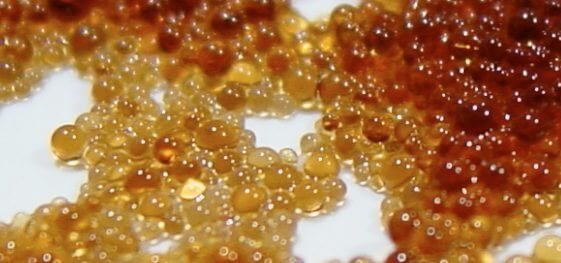
Sodium carbonate, Calcium carbonate, total hardness…
It is generally known that water hardness and hard water cause the appearance of limescale, and the carbonate hardness is “responsible” for this. Calcium carbonate and magnesium carbonate as bicarbonates are unstable salts that, especially at elevated temperatures, decompose according to the following formulas:
Ca(HCO3)2 = CaCO3 + H2CO3 = CaCO3 + H2O + CO2
The same thing happens with magnesium bicarbonate:
Mg(HCO3)2 = MgCO3 + H2CO3 = MgCO3 + H2O + CO2
The resulting carbonates, CaCO3 and MgCO3, settle on the installations and create very hard deposits called limescale. Limescale is undesirable in all types of installations, as it reduces the cross-section of pipes, increases hydraulic resistance, and in thermal energy plants increases resistance in all types of heat exchange.
It is known that larger scale deposits can also cause explosions in steam boilers. Water hardness is also undesirable in all washing procedures.
After washing in hard water, stains from precipitated limescale remain which are very difficult to remove, textiles washed in “hard” water become stiff due to the deposition of limescale on fine textile fibers, and washing in hard water consumes more detergents due to the reaction of detergents with hardness salts and, creation of insoluble soaps – soap scum.
Using soft water can solve all these problems.
What is water hardness and water softening?
For all the listed reasons, the water is very often softened. Softening is the process of replacing calcium (Ca) and magnesium (Mg) ions from water with sodium (Na) ions, and is carried out in devices called softeners. Softeners are devices filled with special ion exchange resins that perform this ion exchange.
Calcium and magnesium ions from water bind to the ion exchange resin, and an equivalent amount of sodium ions is released from the resin. Of course, this replacement cannot last indefinitely and is limited by the amount of sodium ions in the ion exchange resin of the softener. So, by softening, calcium and magnesium salts are converted into an equivalent amount of sodium salts.
After a water softener you have soft water in your house and no more limescale problems.
Water softener ion exchange resin regeneration
The resulting sodium salts are extremely soluble in water and do not form scale. Sodium bicarbonate, which is formed from carbonate hardness, is the well-known baking soda.
It is important to note that after softening, the equivalent amount of salt remains the same as before, but these salts after softening are in the form of sodium and do not form scale.
When the water softener loses its ability to exchange ions, its regeneration is carried out so that NaCl solution is passed through the ion exchange resin. NaCl is a well-known common table salt.
Under the excess of sodium ions from the table salt solution, calcium and magnesium ions are released from the ion exchange resin, sodium ions bind in their place and the ion exchange resin is again capable of softening water.
Tableted salt is used for regeneration of the resin, and the entire process of operation and regeneration of the softener is fully automated and controlled by the device’s automatic control valve.
Advantages of soft water
Some of the advantages a whole house water softener and no water hardness in your home:
– first of all, there is no limescale creation
– glassware washed with soft water is crystal clear
– clothes washed with soft water are much softer because there is no crystallization of limescale on its fine fibers
– the consumption of washing agents is significantly reduced
– your water heaters lifetime will be prolonged, and it will operate with lower power consumption
– glass shower doors will look like new even after long time of use
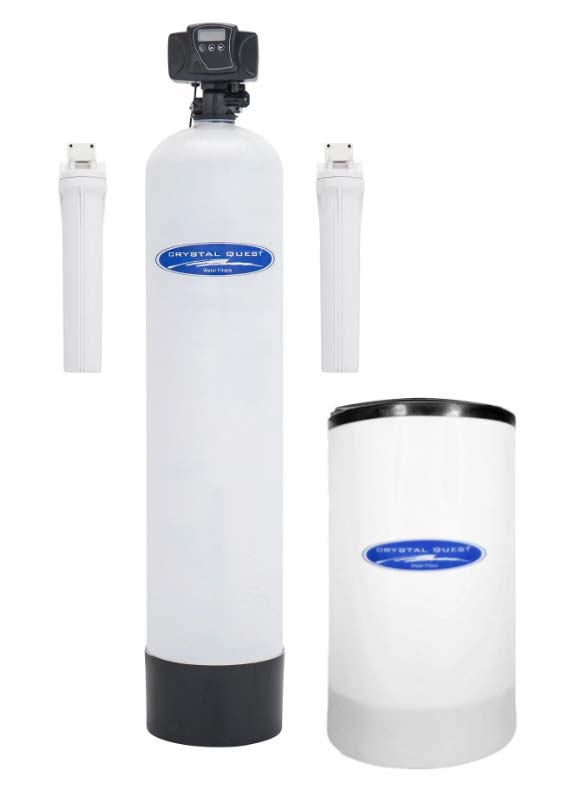
Whole House Water Softener with Pre/Post Filters
Automatic whole house water softener
- 20” sediment cartridge that removes sediment, silt, sand, and dirt
- Ion exchange water softener, 48,000-grain capacity, service flow: 9-11 GPM
- 20” solid carbon cartridge for removing volatile organic carbon compounds (VOCs), insecticides, pesticides and industrial solvents
Crystal Quest has been in the water filtration industry for over 30 years. The company manufactures water filtration and softeners products to a worldwide market for residential, industrial, or commercial use.
The company makes reverse osmosis solutions, water conditioning, water treatment, industrial water filters that can be used in beauty salons, apartments, clubs, government complexes, etc.

